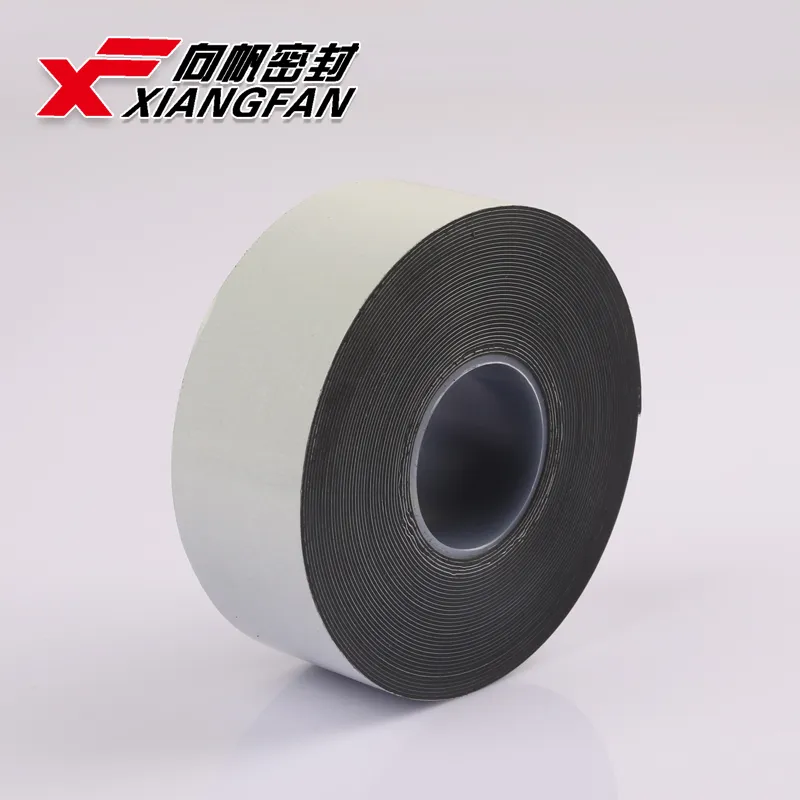Understanding Fabric Insulation Tape in Electrical Applications
When it comes to electrical work, safety and efficiency are paramount. One crucial component in ensuring these qualities is the use of insulating materials. Among the various types of insulation materials available, fabric insulation tape stands out for its versatility and effectiveness. This article explores the features, benefits, and applications of fabric insulation tape, particularly in electrical contexts.
What is Fabric Insulation Tape?
Fabric insulation tape is a type of adhesive tape made from a durable fabric material, often coated with a special insulating layer. Unlike traditional electrical tapes made from PVC or vinyl, fabric tape is usually woven, providing a strong yet flexible solution for various electrical applications. This type of tape is particularly valued for its high dielectric strength, allowing it to withstand significant electrical voltages without breaking down.
Key Features
One of the defining characteristics of fabric insulation tape is its robust construction. The fabric backing gives it excellent tensile strength, making it resistant to tearing and damage during application. Additionally, its flexibility allows it to conform to irregular surfaces, which makes it easier to use in tight spaces or on objects with complex shapes.
Moreover, fabric insulation tape is often characterized by its ability to resist heat, moisture, and various chemicals, further enhancing its suitability in challenging environments. This resistance not only extends the lifespan of the tape but also helps maintain safe and efficient electrical connections.
Benefits of Using Fabric Insulation Tape
1. Durability The fabric construction ensures that the tape remains intact under stress, making it reliable for long-term use in electrical projects.
fabric insulation tape electrical

3. Ease of Use The flexibility of the fabric tape allows for easy application, even in hard-to-reach areas. Its adhesive backing ensures a secure bond to surfaces without the need for additional tools.
4. Safety With high dielectric properties, fabric insulation tape effectively prevents electrical shorts and hazards, promoting a safer working environment.
5. Aesthetic Appeal Available in various colors, fabric insulation tape can help in color-coding electrical connections or wiring, enhancing visual organization and identification.
Applications in Electrical Work
Fabric insulation tape finds a myriad of applications in electrical work. It is often used in
- Wiring Harnesses Bundling wires together for organized and protected installations. - Insulating Connections Enveloping electrical connections to prevent shorts and ensure safe operation. - Repair Work Providing a reliable solution for repairing damaged wires and cables. - Automotive Applications Used extensively in automotive wiring for both protection and aesthetics, given its heat and moisture resistance.
Conclusion
Fabric insulation tape is an invaluable tool in the electrical industry, offering a combination of durability, flexibility, and safety. Its unique properties make it ideal for a wide range of applications, from basic wire bundling to more complex electrical repairs. As the demand for reliable insulation solutions continues to grow, fabric insulation tape remains a top choice for professionals and DIY enthusiasts alike. Whether working on home projects or large-scale installations, investing in high-quality fabric insulation tape is a decision that ensures both efficacy and safety in electrical applications.
-
Self Amalgamating Tape: Redefining Electrical Insulation and ProtectionNewsAug.07,2025
-
Seal Strip Solutions: Revolutionizing Energy Efficiency and Comfort in Modern BuildingsNewsAug.07,2025
-
High Voltage Electrical Tape: Powering Safety and Reliability in Modern InstallationsNewsAug.07,2025
-
Flex Tape Waterproof: Transforming the Future of Instant RepairsNewsAug.07,2025
-
Elevate Electrical Safety Standards with High-Performance PVC Electrical TapeNewsAug.07,2025
-
Butyl Rubber Tape: The Ultimate Solution for Reliable Sealing and WaterproofingNewsAug.07,2025
